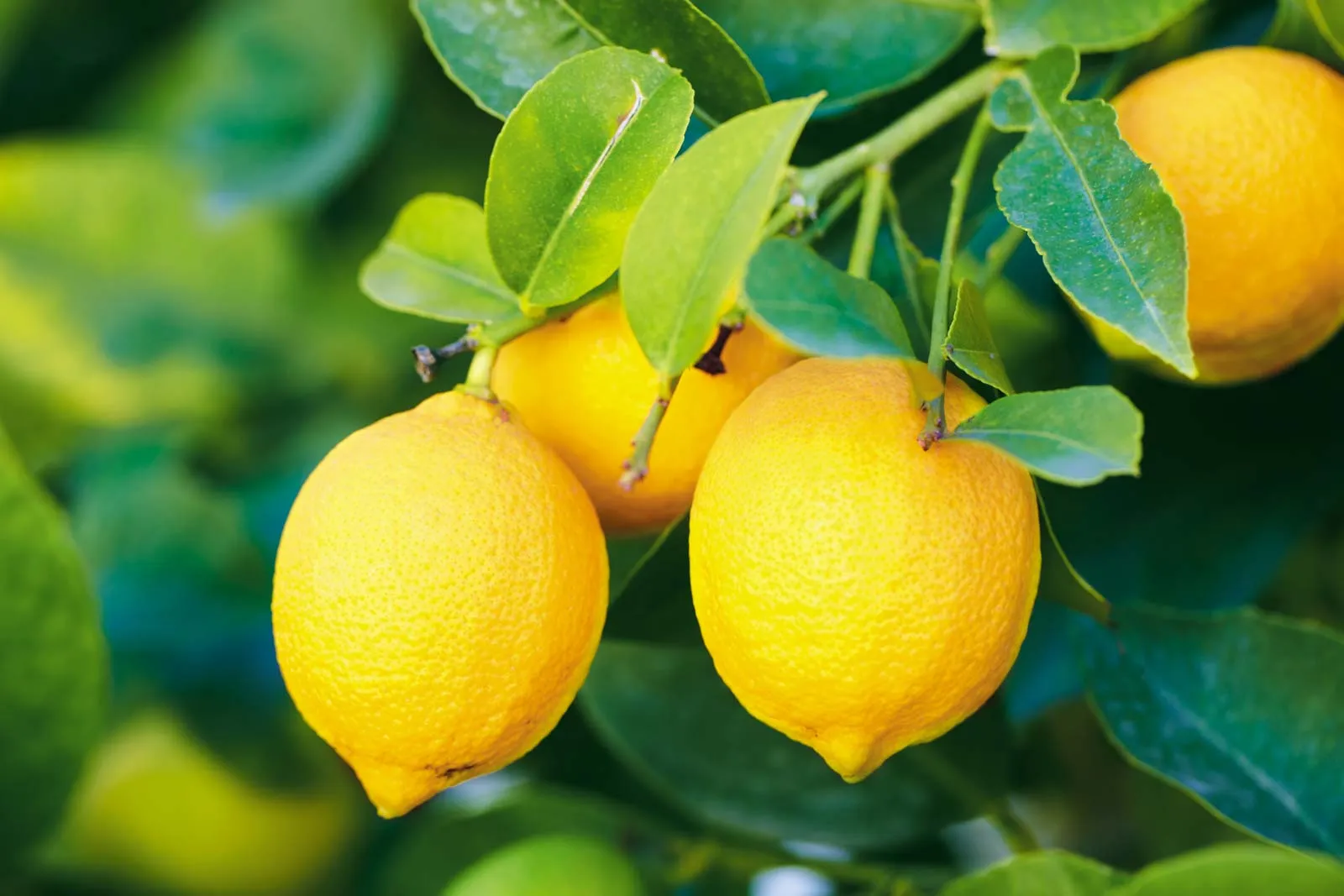In the world of conservation and sustainable development, few projects are as transformative as Bees for Development Ghana’s project that sought to convert honey hunters to beekeepers. The tremendous impact of that project birthed the Beekeepers Restore Forests (BRF) project.
The aim of the BRF project is to create thriving rural communities across the Afram Plains where people earn stable incomes by safeguarding and restoring biodiversity in forested landscapes and sustainably managing native honey bee populations.
The project is assisting more people in Afram Plains to become beekeepers, grow trees, and prevent perennial and indiscriminate bushfires [‘number one killer’ as described by Ghana Fire Service] in the area in order to improve the nectar sources for honey bees. This will eventually lead to sustainable livelihoods, less reliance on the charcoal trade [common in the area], reversal of forest degradation, and regrowth of scarce tree species.
As part of this project, BfDG is collaborating with the Afram Plains Development Organisation (APDO), Ghana National Fire Services, and the Forestry Commission of Ghana. The link between beekeeping and forest restoration may not be immediately apparent, but it is at the heart of BfDG’s innovative approach — these partners make this possible.
Read also: Women, youths can be more effective at driving sustainable farming changes
Honey bees play a vital role in pollination, and healthy honey bee populations are closely tied to the overall ecosystem’s health. By combining beekeeping with forest restoration [tree planting and bushfire management], the Beekeepers Restore Forests project is addressing environmental issues from multiple angles.
This project stands as a remarkable example of innovation in action. But it is not just the project itself that is garnering attention and impact; the radio show or broadcast component is capturing hearts and minds, showcasing the relevance of radio in spreading its message, driving home the importance of the initiative, and reaching communities far and wide — all thanks to funding from the UK government through the Darwin Initiative.
APDO, a delivery partner on the BRF project, sees the rise of beekeeping in Afram Plains as a positive development [complementing their efforts] with the potential to reduce poverty and promote biodiversity conservation. They are spearheading the radio broadcast and are committed to raising awareness about the benefits of beekeeping, forest restoration, discontinuing charcoal production, and fire safety.
APDO manages a local radio station [Radio Afram Plains (RAP)] aimed at the local farming community and broadcasts a number of agriculture and rural development-related programmes. APDO works closely with the BfD Ghana team to support beekeeper outreach activities, the coordination of training workshops, and awareness-raising campaigns on the local radio.

Influence of Project’s Radio Broadcast
At first glance, the connection between radio shows and forest restoration might seem distant, but it is a crucial component in the success of the Beekeepers Restore Forests project. The weekly series of broadcasts brings together experts or resource persons with in-depth knowledge on beekeeping, wildfire management and safety, silviculture, and community development.
The first radio show introduced the audience to the BRF project discussing in detail the components of the project while the second discussed honey bees. Aside the weekly live broadcast, there is also playback of the shows on RAP FM and other community information centres [for making announcements] located in the various communities. With this, the impact is expected to be massive as information is brought to people’s doorstep.
Some of the topics lined up for discussions are importance of honey bees, beekeeping practices for a sustainable environment, sustainable beekeeping/nature-based beekeeping, challenges facing bee populations, bushfire and beekeeping, forest fire management, charcoal production and beekeeρing, etc. The next section of this blog demonstrates why this connection between radio broadcasts and forest restoration is highly relevant.
Education and Awareness
The radio broadcasts via Radio Afram Plains (RAP FM 107.7mhz) serve as a valuable tool for educating the local people within the reach of the RAP FM in Afram Plains about the critical link between forest restoration [afforestation], bushfire management, beekeeping, and sustainable living. These broadcasts offer an opportunity to explain the interconnectedness of these components, shedding light on the project’s broader goals.
Community Engagement
RAP FM is a ubiquitous medium, helping the BfDG team to reach and engage people in remote or hard-to-reach areas of Kwahu Afram Plains. It enables direct interaction with local communities, turning them into active participants in the restoration process.
Through the radio broadcast, the project team is able to engage more people as they call in or send in text messages during live shows. People within the communities where BfDG works also get the opportunity to ask further questions for clarification and/or otherwise.
Read also: University of Cape Coast tops universities in West Africa for three consecutive times
Cultural Context
The radio shows are tailored to specific cultural and linguistic contexts within Afram Plains — two dominant languages Twi and Ewe are used during broadcast — making the project more relatable and understandable to the local population. Fortunately, the project team is made up of people who can speak the two most widely spoken languages in the area.
Expanding Outreach
The reach of radio broadcasts extends far and wide beyond the strength of the BfDG project team, particularly in areas where the road network makes them inaccessible and may be limited. The radio makes it an ideal channel to disseminate the project’s message to a diverse and extensive audience.
Currently, the project is working with about 21 communities within Kwahu Afram Plains North and South districts. With the broadcast through the local radio station, a lot more communities and people are being reached.
Already, through the broadcast, people from the communities outside our operational communities have reached out to us expressing interest in beekeeping. In fact, as a result of the first radio broadcast, 11 people from the district capital, Donkorkrom, joined a beekeeping and hive-making workshop in a nearby village.
As of now, there have been only two live broadcasts, but the impact of this radio show component of the Beekeepers Restore Forests project is not only garnering applause but also encouraging as it has already achieved an impressive reach — it can already be predicted that the overall impact can be great and impeccable.

Forging into the future, the estimated extent of its influence can be felt by the local, regional, and national communities, even globally. At the local community level, the weekly radio broadcasts promise to eventually become a trusted source of beekeeping information and inspiration for local communities.
The broadcast will encourage active participation in beekeeρing and forest restoration activities, fostering a growing network of engaged and environmentally conscious individuals.
Regionally, the success of this initiative would not only be contained within the project’s immediate vicinity. Neighbouring regions [Ashanti, Bono East, and Volta) and communities would notice the transformative changes brought about by the initiative and are likely to adopt similar conservation practices.
The innovative approach of the Beekeepers Restore Forests project would gain recognition at the national level. Governmental bodies and environmental organisations would be collaborating [with BfD/BfDG] to expand and replicate the project’s model throughout Ghana.
Beyond its national recognition, when successful, the initiative has the potential to serve as a global model for conservation efforts. By leveraging radio broadcasts with beekeeping and forest restoration, this project illustrates the power of creative strategies in driving meaningful environmental change.
Read also: 14-year-old boy sends his brother to school with income from beekeeping
Bees for Development Ghana’s Beekeepers Restore Forests project, with support from its partners, is a prime example of the transformative power of innovative thinking. This initiative is not merely about restoring ecosystems; it is about inspiring positive change on a local, regional, and even global scale.
The weekly radio broadcasts play a pivotal role in this success, making the project’s goals more accessible, comprehensible, and relatable to a vast and diverse audience.
With the support of the United Kingdom government through the Darwin Initiative, this initiative echoes the potential for a greener and more sustainable future.
It underscores the significance of creative strategies in driving meaningful environmental change and emphasises the role of radio in spreading the project’s message to the farthest reaches of the world. This harmonious blend of beekeeping, forest restoration, and radio broadcasts creates a buzz that promises a brighter, more sustainable future for us all.













